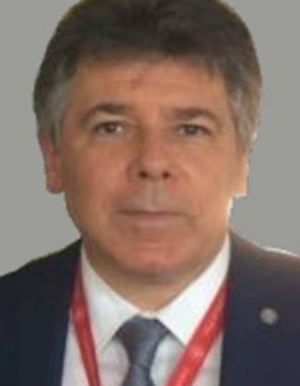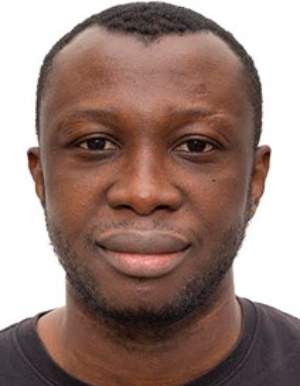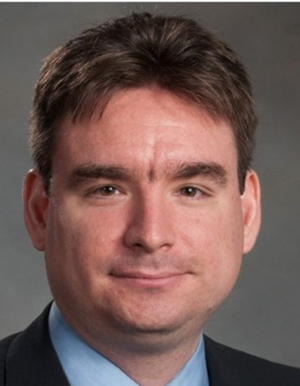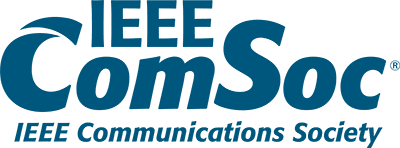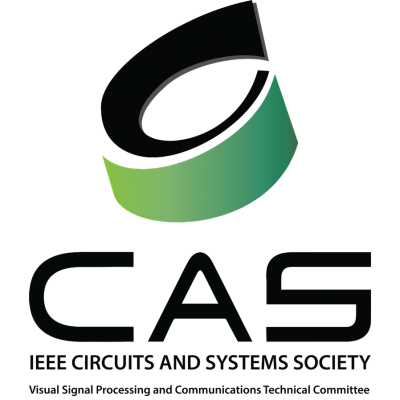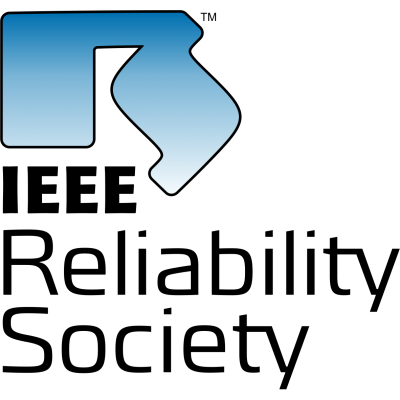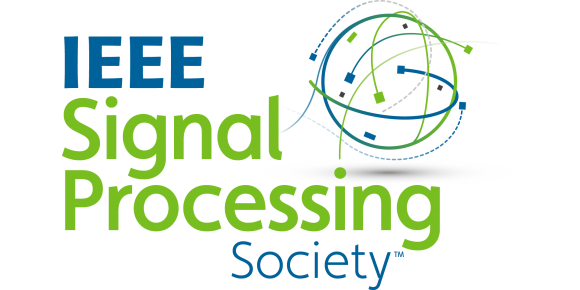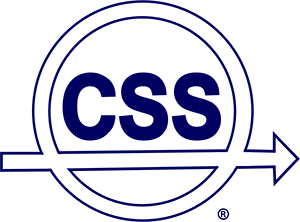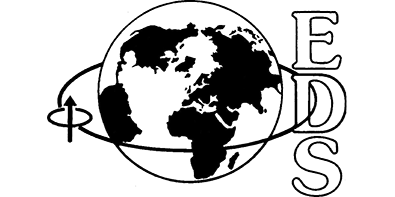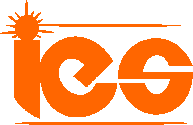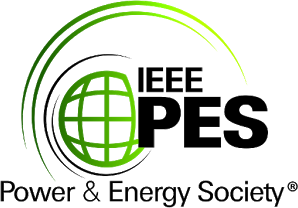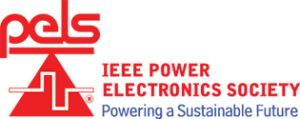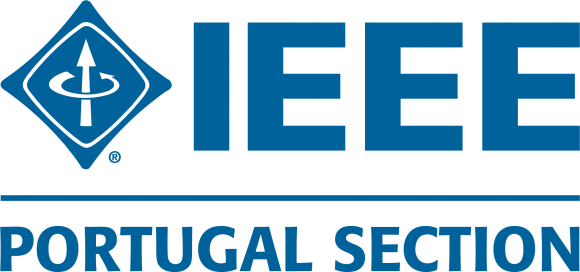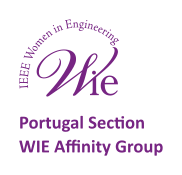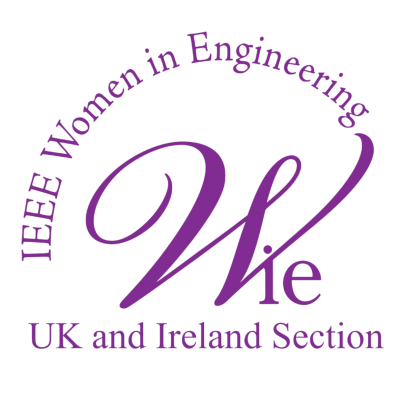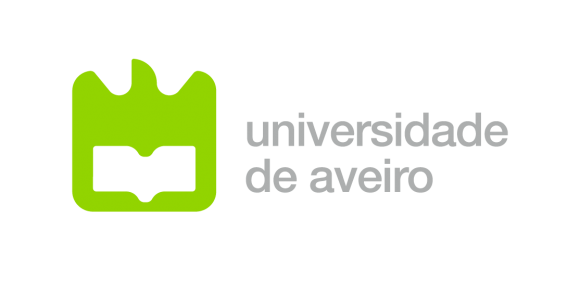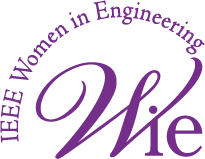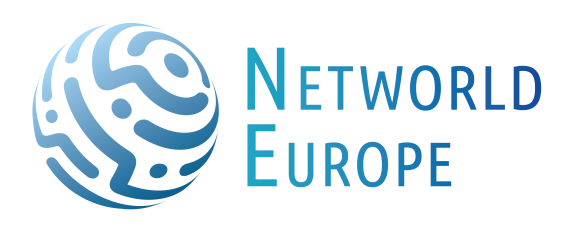IoT for Agriculture and Aquaculture
Track ID: Spes-08
Description
Application of ICT technologies in the agricultural domain spreads across the entire agri-food supply chain – from the planting of seeds to the harvesting of crops, breeding livestock and treating disease, transporting goods and managing commercial sales, where agricultural innovations have a role to play at every stage. This new wave of agricultural innovations is fueled by the ever-increasing evolution of technologies in sensing, communication, artificial intelligence and other areas. Agricultural science and technology is rapidly becoming one of the world’s fastest growing and exciting markets where the impact of innovations has explicit effects on humanity. It is driven by global changes: a rising population, rapid development of emerging economies with western lifestyle aspirations and growing geopolitical instability around shortages of land, water and energy. A technology revolution that is also taking place together with more stringent regulations directives where sustainability will be the key. Breakthroughs in nutrition, genetics, informatics, satellite imaging, remote sensing, meteorology, precision farming and low impact agriculture mean agricultural technologies have huge potential for development. The scale of farming worldwide has changed significantly in recent years, with a drastic increase toward, intensive, profit-driven enterprises due to market pressures. Nevertheless, in many countries small and medium companies are the key actors in this domain. This step change has resulted in a demand for technologies and equipment which can reduce costs and labor inputs with concurrent increases in capacity to provide economies of scale. These economies of scale will not yield profit unless quality is maintained, and this is a central focus of any new technologies developed for the sector. This special session will explore how Internet of Things technologies and artificial intelligence contribute to addressing all of these challenges through improvements in yield and efficiency with discussions from renowned experts in academia, industry, and the public sector. Research works on the following topics, but not limited to, are welcome for submission to this session:
ON FIELD OPERATIONS
- Livestock monitoring
- Micro-climate monitoring
- Infections & Disease Monitoring
- Ground Mapping & Sensors
- Productivity Maps
- Agri-robots & drones
- Autonomous driving in agriculture
- Animal attack protection
- Disease detection
- Plant nutrient control
- Robotic harvesting
- Growth and stress level monitoring
FARM OPERATIONS
- Predictive maintenance for machinery
- Production Automation
- Production Management
- Plant integration
- Acquaculture
- Underwater agriculture
- Harvesting automation
SUPPLY CHAIN and SALES
- B2B, B2C, B2B2B
- Waste recovery and management
- Identification and tracking
- Productivity monitoring
- Fleet Management
- Order Management
- Logistic Management
- Distributed Ledger Technologies
DATA and COMMUNICATIONS
- Data platforms
- Data spaces
- Analytics for agriculture
- Big Data for agriculture
- Machine Learning for agriculture
- Edge computing in agriculture
- Cloud computing in agriculture
- Underground communications
- Wireless Sensors and Actuator Networks
- AI-based crowd-sensing and participatory approaches in agriculture
- Digital twin in agriculture
- IoT technologies for agricultural automation
- Time series models, specifically in the agriculture context
CONSUMER and SOCIETAL IMPACT
- Smart tags
- Meal kits
- Autenticity solutions
- Society 5.0
- Agriculture and Climate Change
Intended Audience
The intended audience for this special session include
- Researchers and scientists working in the field of agriculture who are interested in exploring the potential of IoT and AI technologies in agriculture and aquaculture.
- Industry experts and stakeholders who are interested in learning more about the opportunities and challenges of IoT and AI in agriculture and Aquaculture, such as vendors, agronomists, and policy-makers.
- Farmers and growers who want to learn how to integrate IoT and AI technology into their processes in order to track and optimize crop growth and health, cut down on resource waste, and boost productivity.
The special session is specifically designed to meet the demands of this target group and to provide real-world applications and case studies of IoT in agriculture and aquaculture. The purpose of the event is to inform participants about the advantages of IoT, AI technologies in agriculture and aquaculture, and motivate them to implement these technologies in their own operations. In order to promote and facilitate information exchange and agricultural innovation, the special session is also intended to give participants the chance to network and collaborate.
Paper Submission Deadline
Important Dates:
- Deadline for Paper Submissions: July 30th, 2023
- Acceptance Notification: September 8th, 2023
- Deadline for Camera-Ready Paper Submissions: September 29th, 2023
- Deadline for Presentation Submissions: October 2nd, 2023
Papers should be six (6) pages in length and follow the instruction provided for the main Conference. The conference allows up to two additional pages for a maximum length of eight (8) pages with payment of extra page charges once the paper has been accepted.
Please submit your paper for this Special Session using the link to eWorks:
Call For Papers:
If you have any questions, please contact Dr. Stefano Giordano: stefano.giordano@unipi.it
Chairs
Stefano Giordano: University of Pisa
Stefano Giordano is full professor at the Department of Information Engineering of the University of Pisa where he is the responsible of the Telecommunication Networks Laboratories giving lectures both at the University of Pisa and the Italian Navy Academy. He is senior member of the IEEE Comsoc and was Chair of the Communication Systems Integration and Modelling (CSIM) Technical Committee and at present vice-chair of the TACTILE INTERNET TC. He founded with Juniper Networks the first European Juniper Networks Higher Learning Center. He is author of more that 300 papers on peer reviewed international conferences and journals on the practical and theoretical aspect of modern networking including SDN, NFV and IoT. He was the responsible for the participation of the University of Pisa to the Euro-NGI (Next Generation Internet in Europe) Network of Excellence. From the research activities of his group two spin-off companies (Nextworks and Netresults) were created. He was co-founder of the CUBIT consortium where he is now President of the board.
Mike O Ojo: Texas A&M University
Mike O. Ojo received the M.Sc degree in Telecommunications Engineering from Politecnico di Milano, Milan, Italy in 2014, and a Ph.D degree in Information Engineering from the University of Pisa, Pisa, Italy in 2019. Previously, he was a Visiting Research Scholar and a Postdoctoral Associate with the University of Turin, Italy. He is currently a Postdoctoral Research Fellow with the Texas A&M AgriLife Research, USA. His research interests include design, optimization, and performance evaluation of Internet of things networks, low power wide area networks, software-defined networking, edge computing, AI with an emphasis on smart agriculture. He is a member of IEEE and has served as a reviewer for several IEEE conferences and journals as well as MDPI, and Elsevier journals.
Mehmet Can Vuran: University of Nebraska-Lincoln
Mehmet C. Vuran (S’98–M’07) received the B.Sc. degree in electrical and electronics engineering from Bilkent University, Ankara, Turkey, in 2002, and the M.S. and Ph.D. degrees in electrical and computer engineering from the Georgia Institute of Technology, Atlanta, GA, USA, in 2004 and 2007, respectively, under the guidance of Prof. I. F. Akyildiz. Currently, he is a Susan J. Rosowski Associate Professor with the Department of Computer Science and Engineering, the University of Nebraska-Lincoln, Lincoln, NE, USA, and Robert B. Daugherty Water for Food Institute Fellow. He is the co-author of Wireless Sensor Networks textbook. His current research interests include dynamic spectrum access, wireless underground communications, agricultural Internet of Things, wearable embedded systems, and connected autonomous systems. He is an Associate Editor for the IEEE TRANSACTIONS ON WIRELESS COMMUNICATIONS, the Computer Networks Journal (Elsevier), and the IEEE COMMUNICATIONS SURVEYS AND TUTORIALS. He was recognized as a highly cited researcher three years in a row, in 2014, 2015, and 2016, by Thomson Reuters in recognition of ranking among the top 1% of researchers for most cited documents in Computer Science. He is the recipient of an NSF CAREER award in 2010.



